City-building RTS games are my jam. I’ve poured countless hours into titles like Banished, City Skylines, and Surviving Mars, and I’ve been waiting for something new to once again come along and seize dozens of hours of my time.
So, when Frozenheim came across my desk, I was excited. It’s a Viking-themed city-building RTS; it’s right up my alley. After hours of building, pillaging, and finding runestones to harness the power of the gods, I’ve come away excited for the game’s future but tentative about its present state.
Frozenheim Review: A Clash of Clans
Frozenheim has a handful of modes to choose from once you complete the tutorial covering the basic mechanics. There’s a campaign mode with a story and a custom scenario mode with options for skirmish, survival, and city-building. There are nine maps to choose from, and there’s also an experimental random generation option to create something unique. There’s also multiplayer available for up to eight players depending on the chosen map.
Skirmish mode is the default option in the custom scenarios section, pitting you against the AI or friends competitively, where you’ll battle for resources and runestones as you work toward building and upgrading your city and defenses with various win conditions set beforehand. And those win conditions are pretty standard fare: from destroying your rival’s Longhouse to using the Ragnarok rune against your foes, for example.
There are a number of unit types to choose from, as well, some of which are special units granted to the clan you choose from the Elder’s Hut, which functions similarly to the castle in Songs of Conquest.
The strengths and weaknesses of various unit types are very straightforward and common sense. For example, scouts can cover ground quickly and dispatch a lone wolf or two if needed, but against units like spearmen, they’re easily overwhelmed and killed. Archers, on the other hand, can whittle down spearmen from a distance. It’s a very simple “rock-paper-scissors” system but with enough numbers, you can pull off a Zerg-rush of basic axemen and survive, especially against the AI.
Though it succeeds elsewhere, Frozenheim fumbles combat, making the mechanic feel shallow and tacked on. While there are a good seven to eight units to choose from, in addition to a few siege weapons, combat doesn’t impress, and naval combat specifically is bland and clunky.
City-building, on the other hand, is where Frozenheim shines. Houses, as well all other structures, can slowly upgrade from tents to more permanent-looking structures as you improve the Jarls Longhouse, the core structure your settlement is built around.
Efficiently planning your city is an important part of Frozenheim. Creating little districts creates adjacency bonuses, where perk-giving buildings maximize the happiness of your population. Placing wells in strategic areas keeps fire at bay when raiders attack with runestones carrying the power of the Gods. Defenses like towers and palisades with gatehouses can be placed to stave off attacks, too.
Buildings like the blacksmith offer upgrades to troops in the form of percentile stat increases, but they offer no real visual change to troops. Tech tree improvements work in a similar vein but feel lackluster. And as much as I love the city-building elements, you’ll basically have a full city built in roughly 30-45 minutes, even with the odd incursion from hostile forces.
Runestones can be found on most of the maps and bestow a number of boons for your clan, though not outright; they require you to build a Temple in order to make use of their blessings. There are six runes to find on the map, and collecting all six grants you the mighty power of Ragnarok, essentially functioning as a Viking nuke to your foes.
While there could be some better balancing amongst the six, the two best early-to-mid game runes for blessings are Freyja and Bragi, allowing you to instantly regrow harvested forests and boost the production of buildings by 100%, respectively. The powers are on a very short cooldown timer, making them very spammable, which can feel a bit cheap at times, especially with the Ragnarok ability being able to smash buildings into dust.
Resource gathering itself is fairly lackluster, as well, with forests sprouting back up through farmland, which can be rather annoying. Eventually, I got to a point where I’d just use the market to trade for most goods selling excess leather or clothing and not even worrying about continued resource gathering.
Graphically Frozenheim is stunning. There’s so much going on that I found myself stopping to watch things like the swaying of tree branches during a storm or deer grazing in the woods moments before my hunters dispatched them to feed my ever-growing population. Even the water lapping up on the shores has an allure.
This carries over to the building designs, as well. The thatching on the roofs, the rough, hand-hewn plank walls of the Longhouse, and the human-shaped wooden training dummies at the troop barracks — it all makes the game come to life.
The audio is equally enjoyable. Blending seamlessly with the background effects, the music isn’t overly distracting or detracting from the natural sounds of nature and the various units and NPCs in the towns.
There are still some glitchy issues I noticed during my time with the game. Sometimes the game won’t register you’ve clicked on units. It generally isn’t much of a problem, though, as I instinctually click-drag-select from years playing this genre. Also, the camera can get pretty wonky while scouting the map, unveiling the fog-of-war, especially around mountainous areas of the terrain. These aren’t game-breaking issues, but just a bit of polish that could be addressed.
Frozenheim Review — The Bottom Line
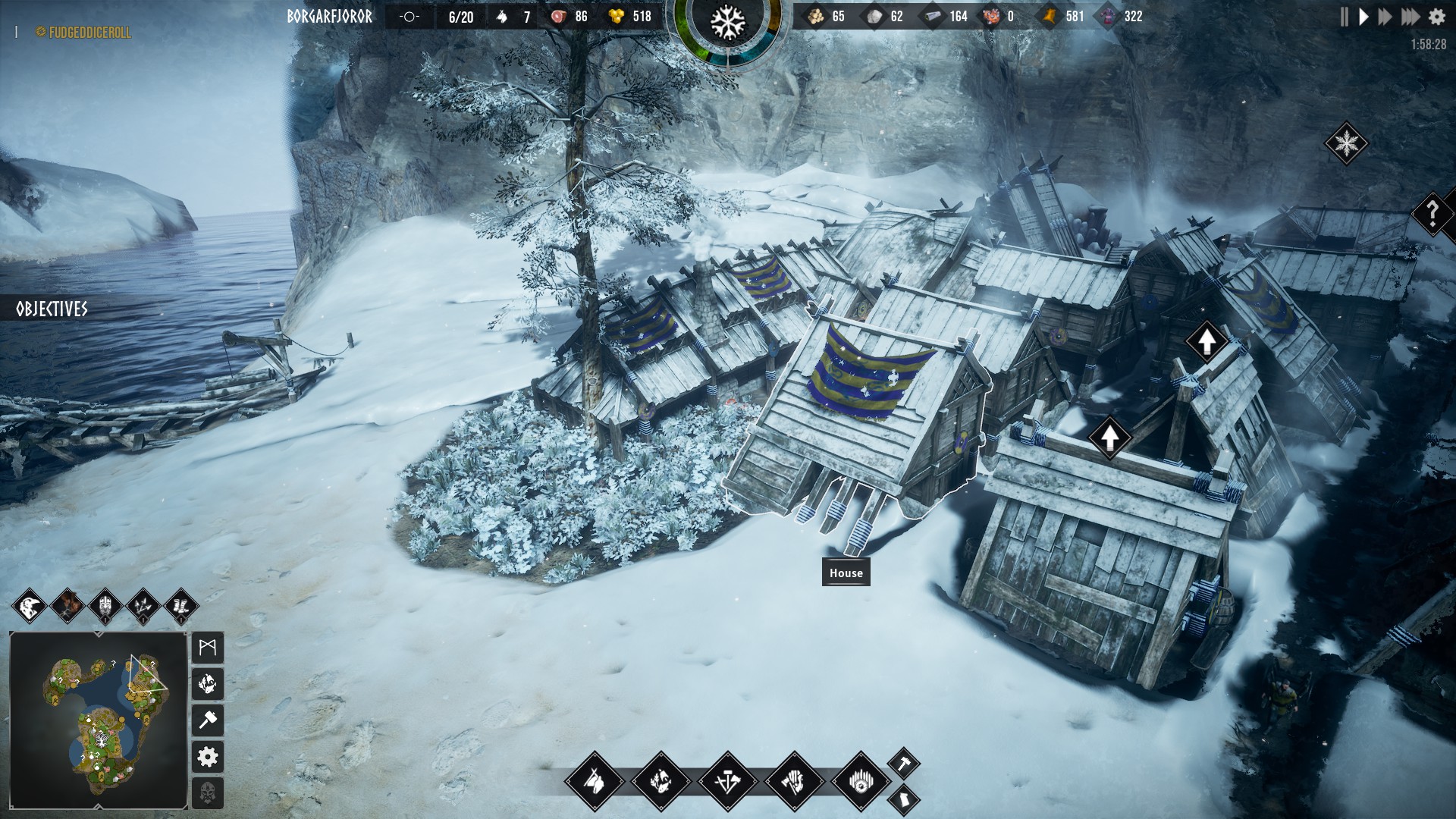
Pros
- Attractive visuals and audio.
- Virtually no learning curve.
- Graphically stunning.
- Strategic city-building.
- Single-player and multiplayer options.
Cons
- Semi-stale combat.
- Spammable, somewhat unbalanced runestones.
- Some UI and camera issues.
- Lackluster resource management.
Frozenheim is a solid addition to the city-building RTS genre. The game is pretty to look at and the game loop, though a bit short, is enjoyable with virtually no learning curve. With a number of single-player options and multiplayer capability, there are plenty of hours worth of enjoyment here, but nothing new or genre-defining.
[Note: Hyperstrange provided the copy of Frozenheim used for this review.]

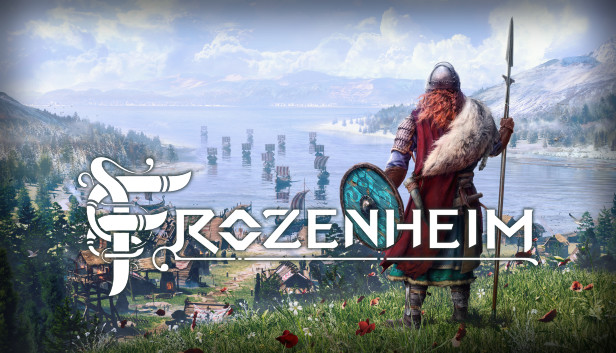
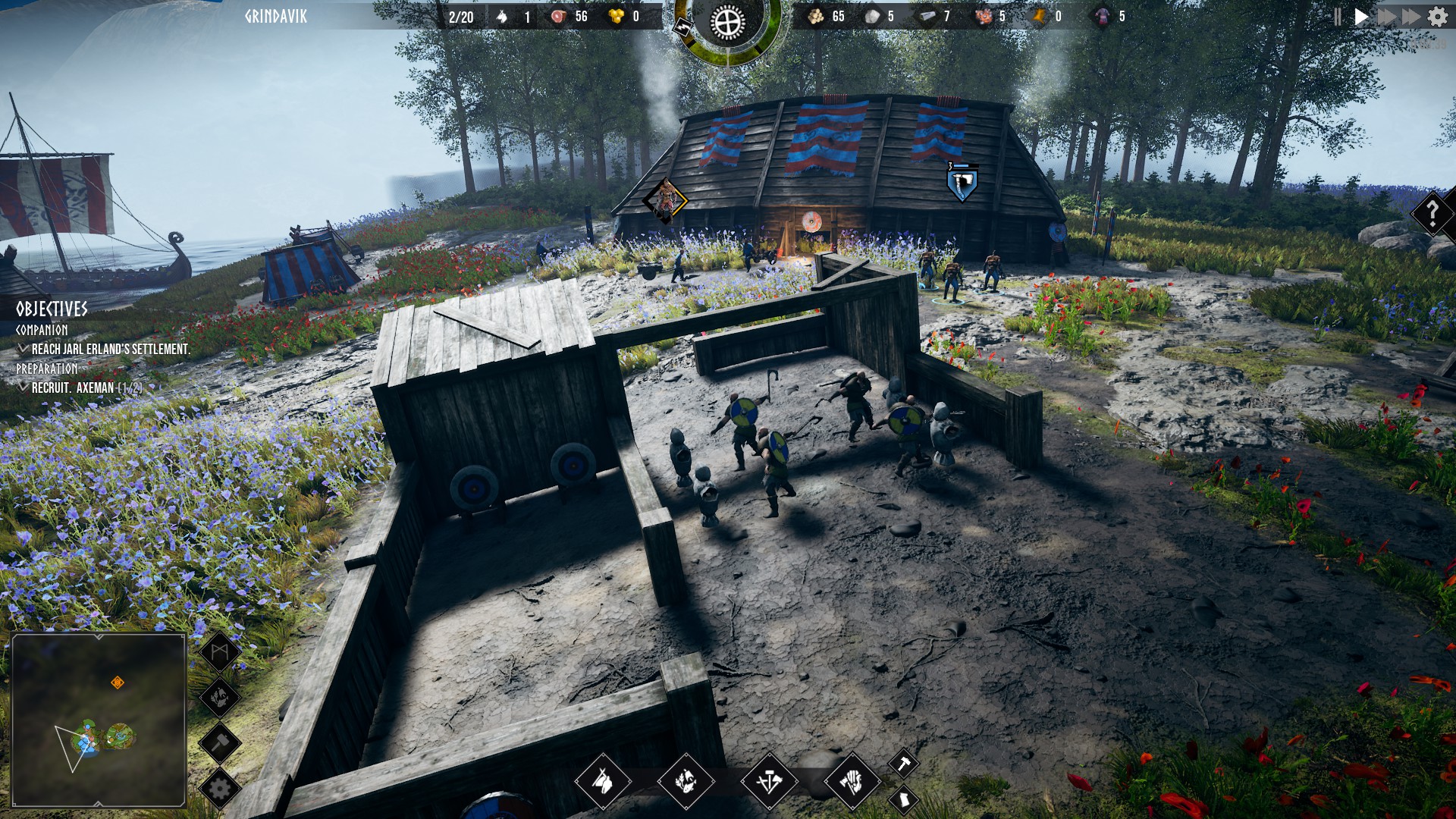
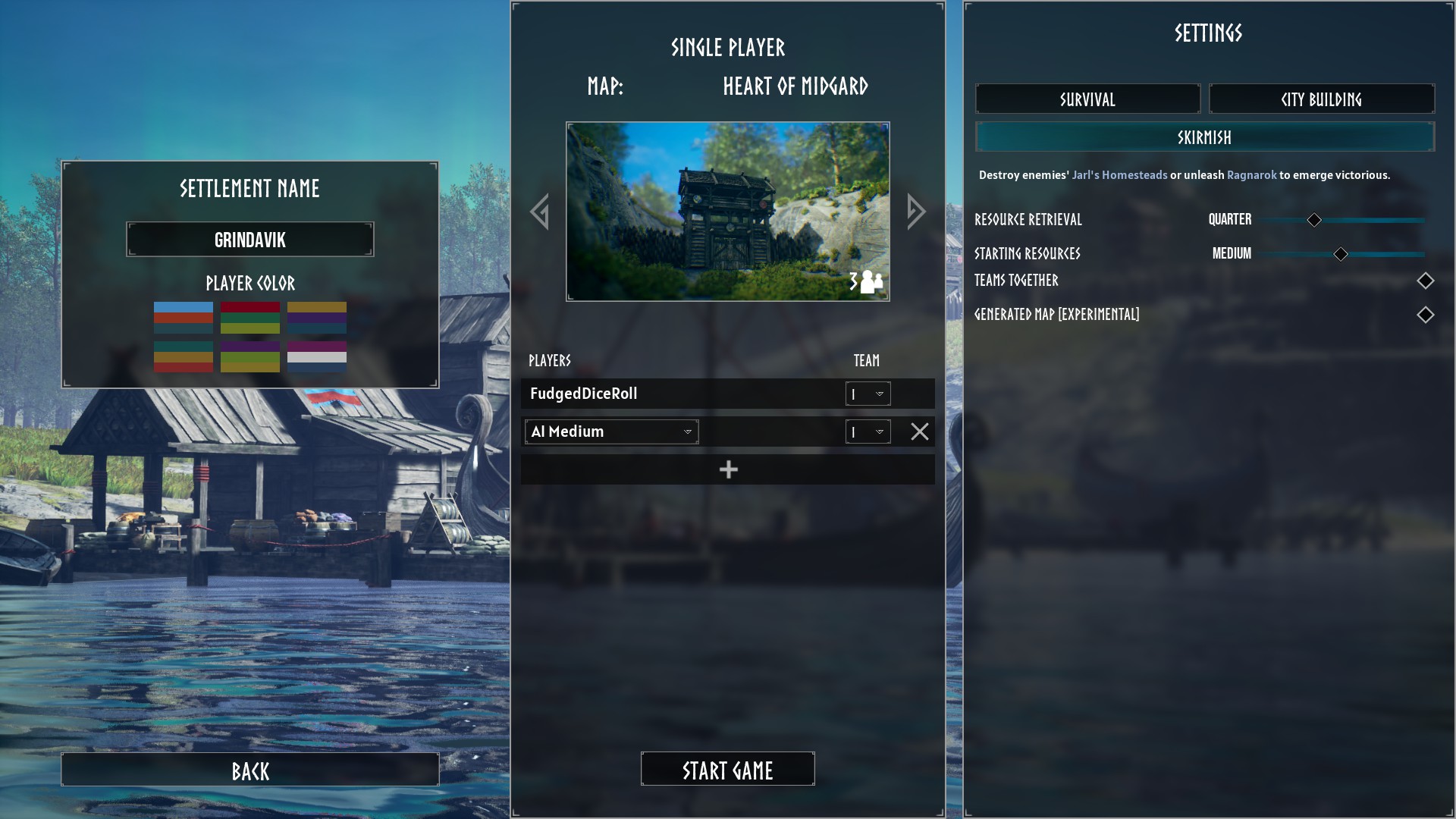
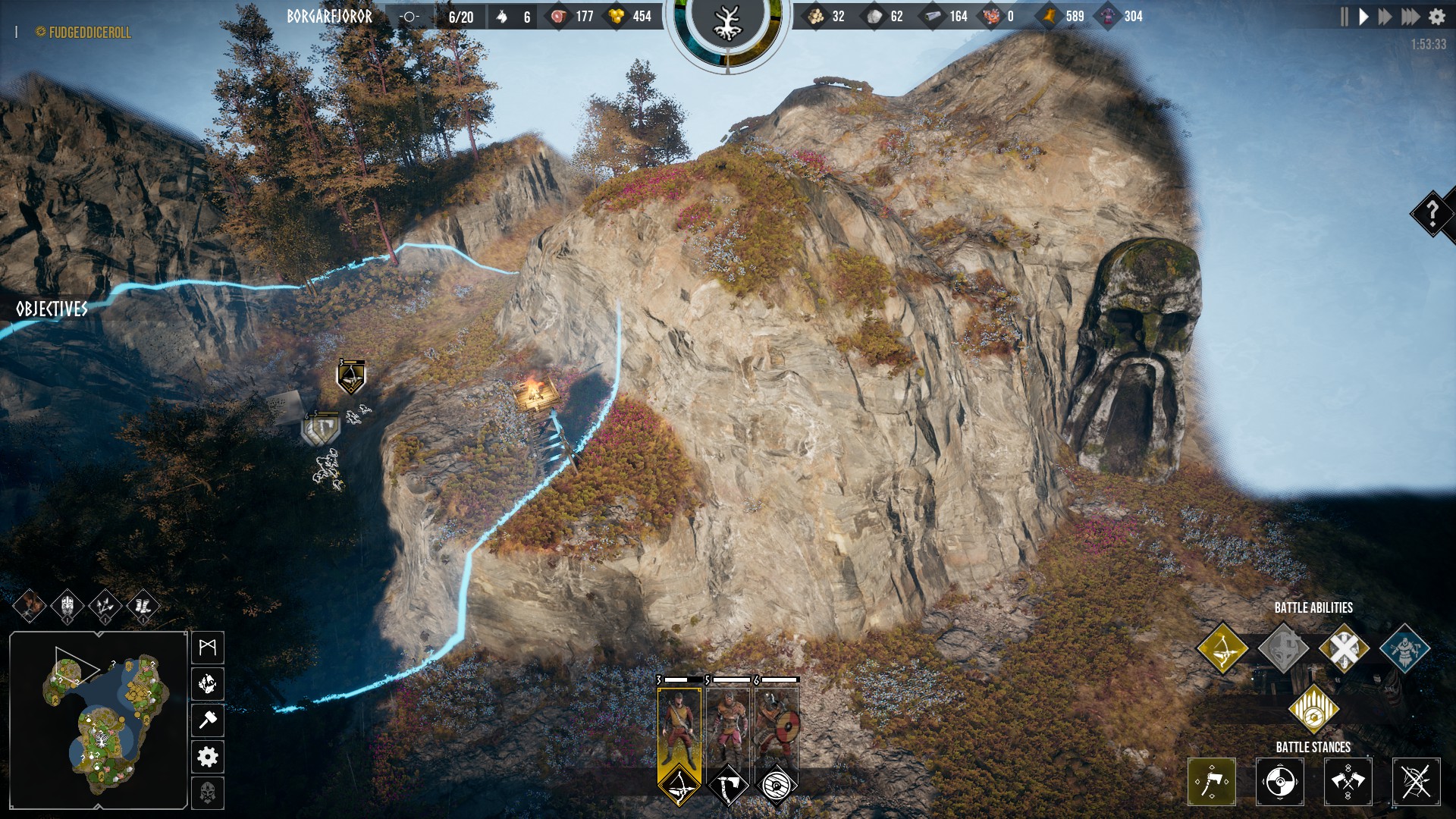





Published: Jun 16, 2022 03:15 pm